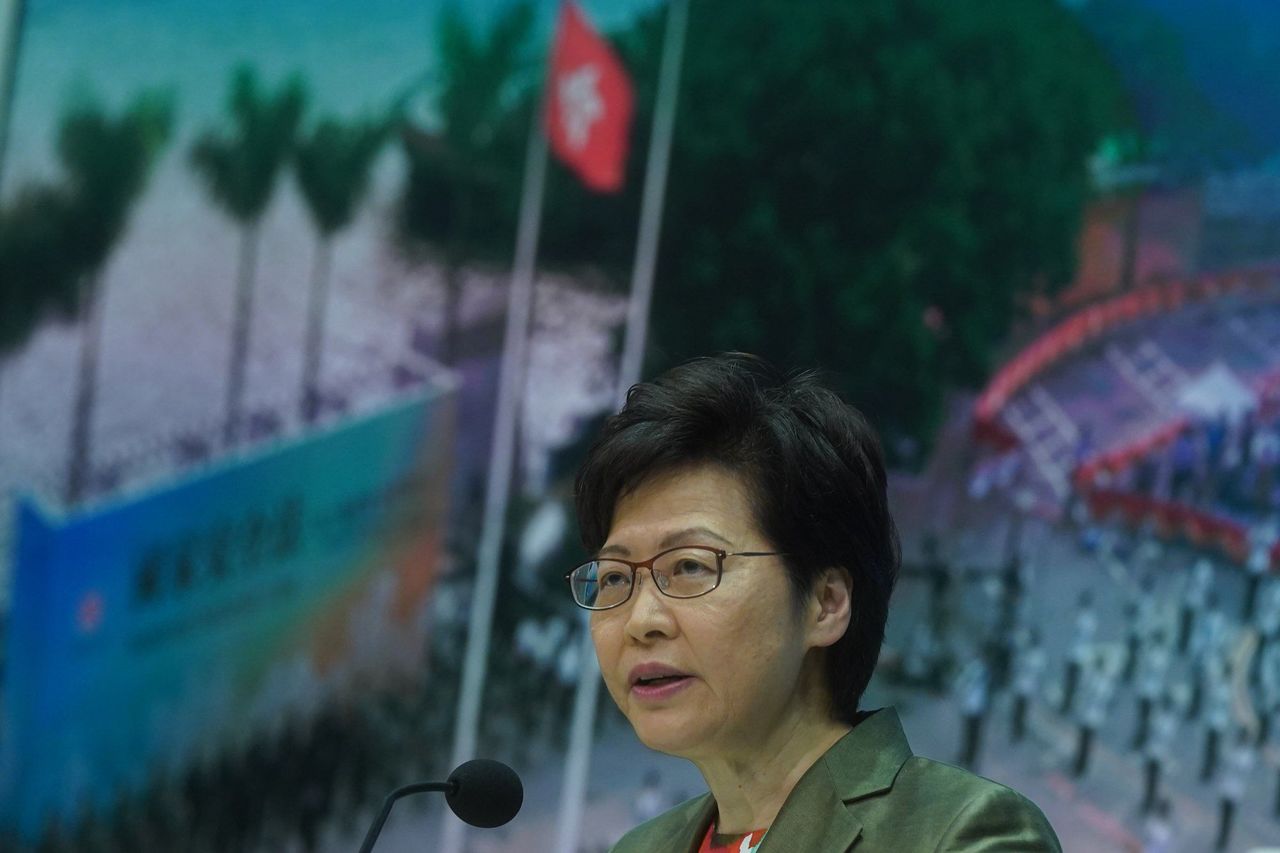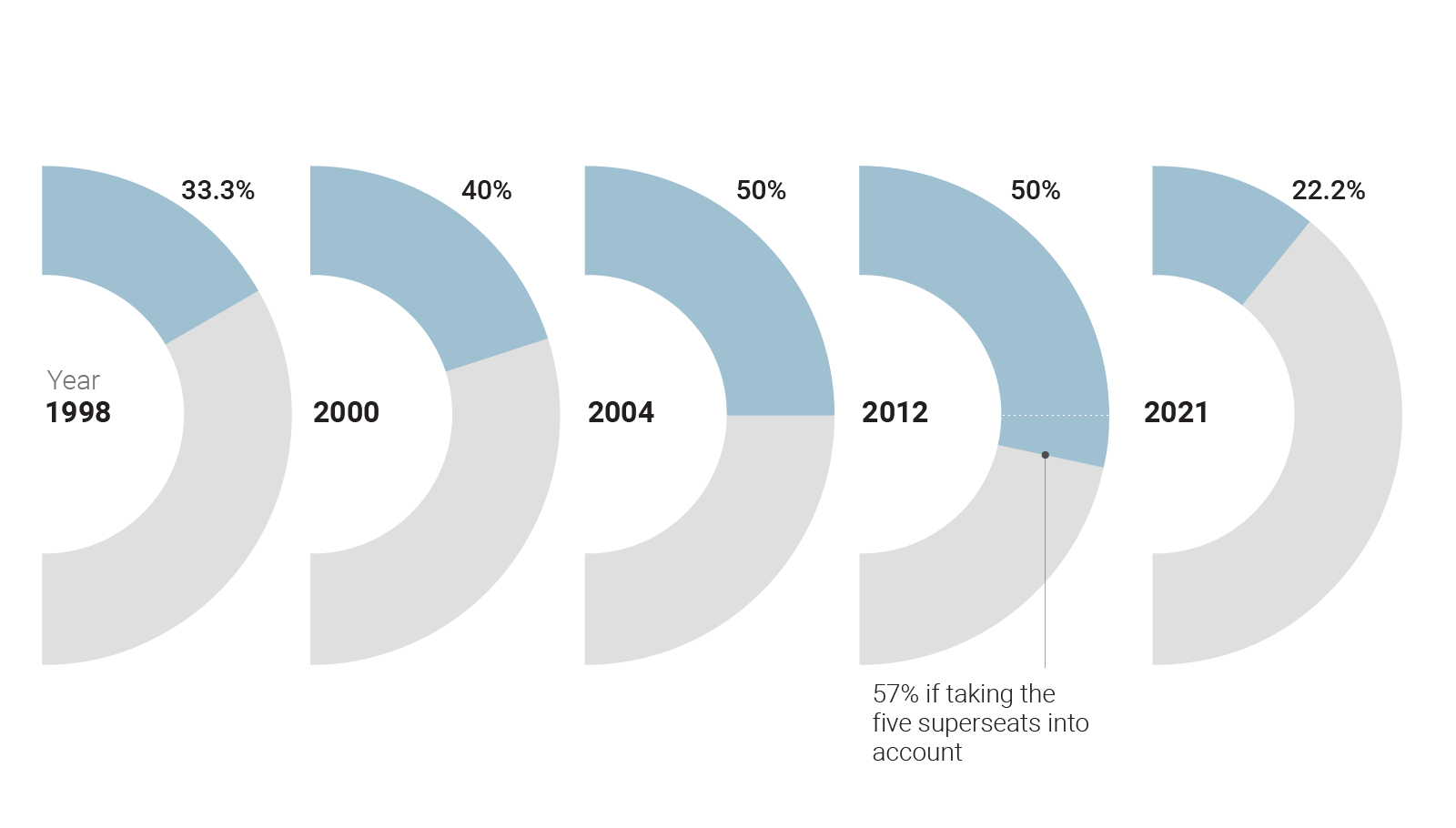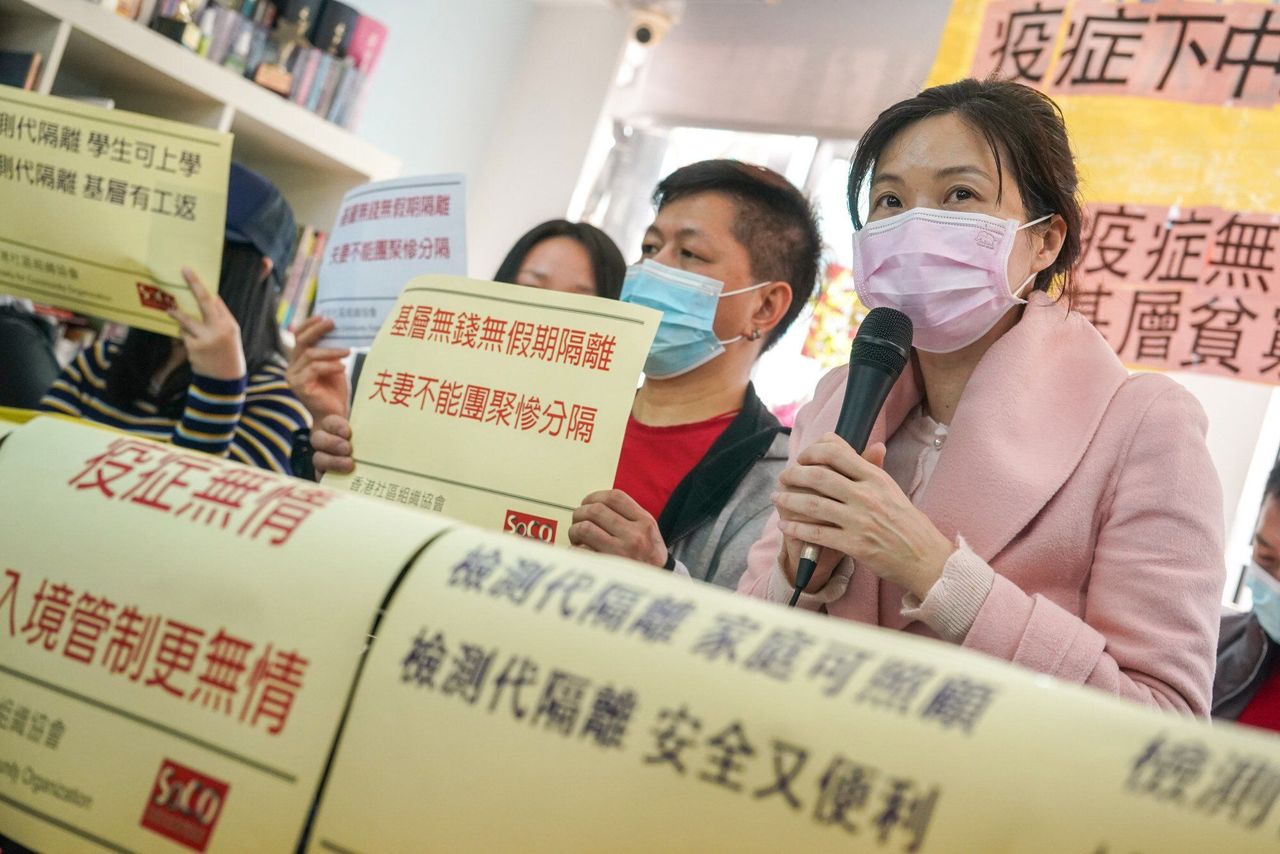Hong Kong News

Biggest winners in electoral revamp: traditional pro-Beijing groups and unions
Traditional Beijing-friendly organisations and unionists in Hong Kong with a track record of mobilising pro-establishment supporters in polls have emerged to be big winners in an all-powerful committee that controls all key elections under proposed legislation unveiled on Tuesday.
A key amendment that raised eyebrows was the composition of a newly created 60-seat sector for grass-roots associations in the Election Committee.
The members include the Hong Kong Island Federation, Kowloon Federation of Associations and New Territories Association of Societies, all three of which are pro-establishment umbrella groups led by the camp’s veterans and heavyweights.
Academics and non-governmental organisations serving disadvantaged groups questioned the rationale to include these groups, arguing the three were helmed by rich people with close ties to Beijing’s liaison office in the city, and could hardly be said to represent grass-roots communities.
Beijing last month drastically revamped the city’s electoral system, with the changes centred on empowering the Election Committee originally tasked with picking the city’s leader to also control other key polls.
A new fifth sector composed of 300 Beijing loyalists, including representatives of grass-roots communities and delegates to national organisations, was introduced to the body, which has now expanded to 1,500 members.
Local legislation proposed by the Hong Kong government on Tuesday revealed how these new seats would be allocated.
Apart from the 60 places dedicated to the grass-roots organisations, it also emerged that another 60 seats created for “associations of Chinese fellow townsmen” would be shared among 24 community groups representing different mainland provincial clans such as those from Guangdong, Fujian and Guangxi.
These groups had played a prominent role mobilising pro-establishment supporters in previous elections and were vocal in opposing any protest movement, including the Occupy campaign in 2014 and the anti-government unrest in 2019.
Six of the 27 seats created to represent the interests of mainland-based Hongkongers will go to the Beijing-friendly Federation of Trade Unions, which runs “consultant service centres” in cities such as Shenzhen, Guangzhou and Dongguan.
The remaining seats will be shared by various Hong Kong chambers of commerce based in different mainland cities, or groups such as the Shanghai Hong Kong Association.
 Hong Kong leader Carrie Lam.
Hong Kong leader Carrie Lam.
A total of 110 seats allocated to local members of “relevant national organisations” will be shared by the All-China Women’s Federation, All-China Federation of Industry and Commerce, All-China Federation of Returned Overseas Chinese, All-China Youth Federation and the China Overseas Friendship Association.
Chief Executive Carrie Lam Cheng Yuet-ngor on Tuesday brushed aside criticisms over the dominant mainland-linked presence in the Election Committee.
Defending the eligibility of the three grass-roots umbrella groups, Lam said they were “well qualified” and their addition would enhance the representativeness of the Election Committee.
“The three regional groups have many affiliated organisations based in various districts that cover many sectors,” she said, referring to the Hong Kong Island Federation, Kowloon Federation of Associations and New Territories Association of Societies.
“They have certain connections with the grass roots. Their broad representativeness could also be reflected by their size and activities held in districts. They have been operating for a very long period of time and have not conducted anything in breach of allegiance, or colluded with foreign forces or disrupted the order of Legco.”
Political scientist Ma Ngok, of Chinese University, said these groups had changed over the years, with some now supported by businessmen closely associated with Beijing.
Community organiser Sze Lai-shan, from the Society for Community Organisation, a non-government organisation that helps the underprivileged, argued that these picks contradicted the government’s claims.
“They are pretty rich. The government should have allocated more seats to those who are actually on the front line serving the disadvantaged groups,” she said.

Alongside the change in composition, the voter base of the Election Committee also shrank under the shake-up as the government abolished individual voting in all professional subsectors the opposition had won in the past.
In the 2016 Election Committee subsector polls, the pan-democratic camp mounted a “300-plus” campaign where it sought to be a kingmaker in the chief executive race by securing one-fourth of seats in the then 1,200-strong body.
The opposition eventually bagged a record 326 spots, notably sweeping all the seats in a number of professional subsectors which were returned by individual votes, such as social welfare, education, higher education and legal.
But following the overhaul all professional subsectors would now either be filled by ex officio members or returned through corporate votes.
For the 30-member legal sector, which used to be elected by all registered lawyers, only half of the seats would now open for election by 30 bodies, including the Bar Association, Law Society and pro-establishment groupings including the Global Chinese Speaking Lawyers’ Association, Basic Law Institute and Hong Kong Legal Exchange Foundation.
 Community organiser Sze Lai-shan, from the Society for Community Organisation.
Community organiser Sze Lai-shan, from the Society for Community Organisation.
The remaining seats would be filled up by the six Basic Law Committee members and named by local delegates to the China Law Society.
A senior member of the Bar Association, speaking on condition of anonymity, described the overhaul as regression which contravened Basic Law Article 45, which stipulates the city should gradually move towards universal suffrage.
The social welfare subsector, another opposition stronghold, would also have its seats slashed by half to 30. Instead of being returned solely by registered social workers, half of the seats would become ex officio to be taken up by chairmen of established charities such as Tung Wah Group of Hospitals, Yan Oi Tong, Po Leung Kuk, as well as the chairman of the New Home Association, a pro-Beijing group which assists new arrivals from the mainland.
The remaining 15 seats would be picked by organisations subsidised by the Social Welfare Department.
Democratic Party chairman Lo Kin-hei said he was “speechless” over the changes, calling them retrogressive steps meant to quash any hopes of the opposition becoming kingmakers again in elections.
He said that even though the Election Committee had for years been criticised for its narrow voter base, tens of thousands of individuals in these professional subsectors had been able to return a significant number of representatives to the body. “Not any more,” he said
Lo, an Election Committee member in the social welfare sector, also said the new rules for selecting representatives were “ridiculous and arbitrary”.
“Why can the heads of charities such as the Tung Wah Group of Hospitals be ex officio members but not Caritas, which is also a well-established NGO?” he said.
“In the past, many of the elected members were academics, frontline or middle-ranked social workers. I believe they would have very different views from these charity heads, who focus on fundraising and might be wary of criticising the government.”











